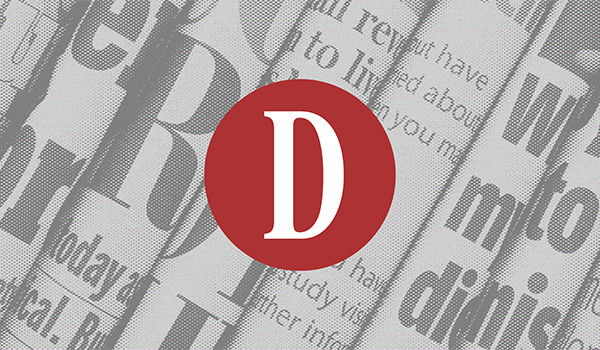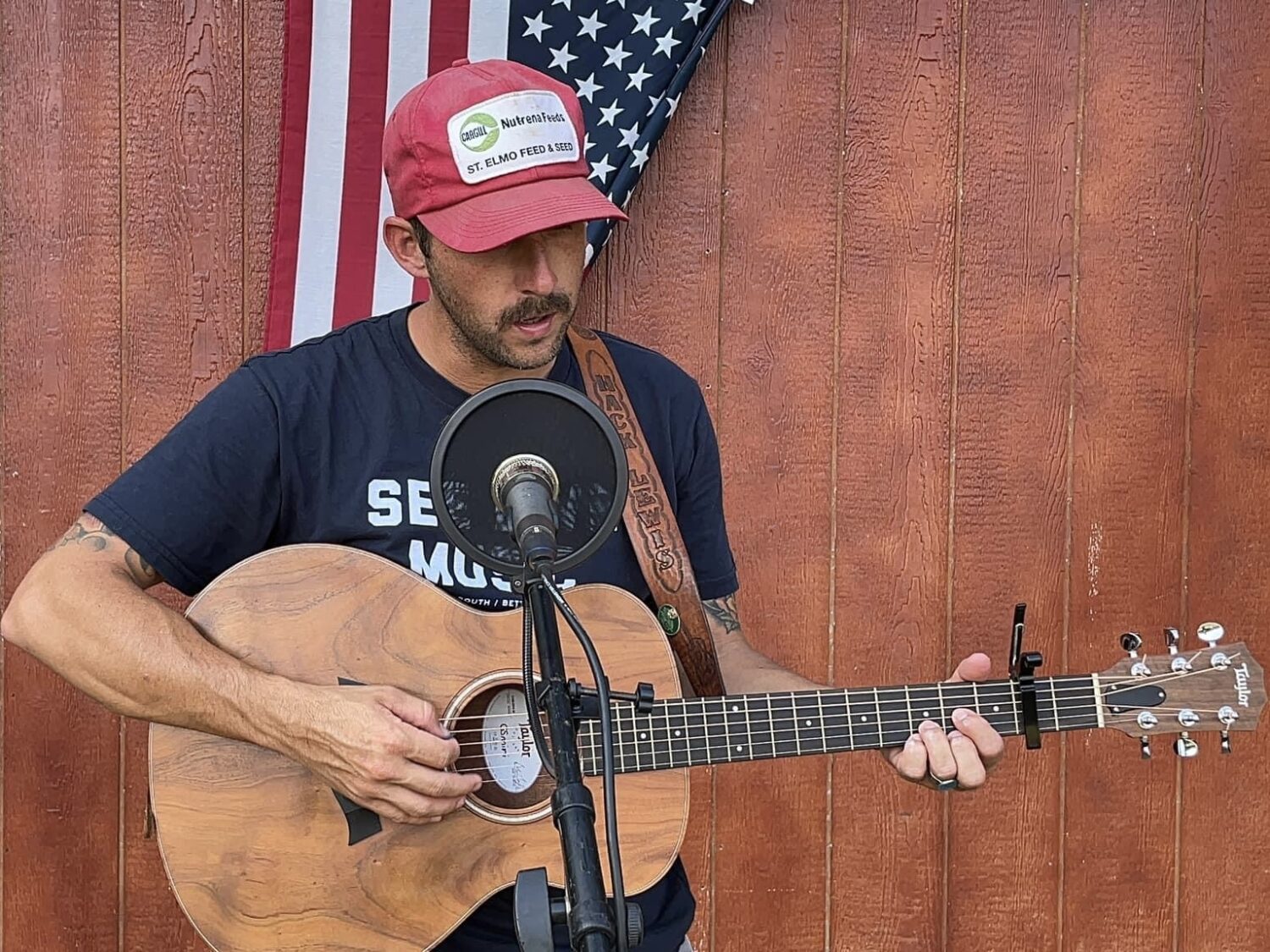Recently, I happened to be standing in line at my Eastside Manhattan grocery checkout behind two Muslim women wearing hijabs. Both were accompanied by what looked to be their 6-year-old daughters. I felt the urge to “reach out.”
Something about the little girls maybe?
But, while placing my items onto the conveyor, I couldn’t devise a rational, introductory opening other than something fictitious like, “Didn’t we meet at the flea market last Saturday?”
And, then they were gone.
Out into Midtown Manhattan, I might recognize a Muslim woman by her hijab IF she chooses to wear one. Many don’t.
I confess to a tinge of jealousy re hijabs, those scarf-like wraps that cover every wisp of hair and fit up close beneath the chin. Never “a bad hair day” or receding chin lines. But that’s my frivolous vanity talking. The hijab, on the other hand, is symbolic of the wearer’s religious beliefs and traditions.
As for recognizing Muslim men, who tend more and more to be my surgeons or drivers of my crosstown bus, it’s not as easy. Their facial hair offers a clue, but there is little opportunity for reaching out. On the bus, I respect the signs: “Please stand behind the white line.” “Do not talk to driver while bus is in motion.” Common sense stuff.
These drivers, bearded or clean-shaven, are at work, ready to respond on a dime to daredevil bikers, taxis, wheelchair drop-offs, and open strollers while maintaining their cool when tourists of all stripes block the entryway asking, “Excuse me, driver, will this bus get me to Madison Square Garden?
“No, Ma’am. Go back to the corner and take the No. 7 downtown to 34th Street.”
“Is it far; I’ve got a ticket for the Knicks game at 2:30?”
At the cinema the glamorous ticket seller is wearing a hijab that accentuates her elegant brow and triggers my jealousy. In line, I wonder what I might say through the communication device that would signal my neighborly feeling, though she’s at work, too. If left to my own mores and impulses, and if she were a down-the-hall neighbor, I’d say, “Your hijab is gorgeous! Where’d you get it?” But I’m next in line and all I say is “One senior for the 12:30 showing, please.”
She slides my ticket with change from my $20 under the slot. I scoop them up, and manage a mundane “Thank you.” I move toward the lobby, dashed. Another opportunity to reach out to a Muslim neighbor, gone.
I wait for my home-bound bus. Two pull to the stop at once which is odd. But while most in line board the bus in front, I drop back to the second thinking it will be less crowded. We few file in. Just past the fare box, a seated passenger taps my elbow. “Excuse me, Ma’am, would you like to sit?” That’s odd, too, because, as I’d guessed, there were vacant seats right and left. “Thanks, no, I’m fine just here.” I sit two rows back in the near-empty bus thinking “Odd … what was that about.”
At Second Avenue the seated woman stands and moves to the exit door. She’s wearing a sari. She’s Indian. But Muslim? Maybe? More likely Hindu? In offering me her seat, was she “reaching out” to an elderly White-Anglo-Saxon-Protestant neighbor, me?
That’s when it hit me. I don’t like what I’m doing, pinpointing fellow citizens for special consideration based on what they wear, where they pray or how they shave their chins.
Who am I to be issuing special anything. I’m countable-on-one-hand generations from the Bureau of Immigration myself, but ever mindful and grateful to dear-ones-gone-on whose grit and grip have made possible, for a time, my tiny place in this city I now call home?
And if I take pleasure in the handsome hirsute face beside my hospital bed, I’ll not delay him in getting to know him. He’s making rounds, God bless him. Or if the librarian stamping my book jacket is wearing an exotic hijab, I won’t ask what holds it so precisely in place, as I tighten the bandanna under my chin. Or if seated on the bus beside a hijab’d shopper from Saks, scrolling her iPhone, I’ll squelch any hint of jealousy, bite my tongue, and read my Times till I reach my stop.
And if I exit humming “God Bless America,” who’s to know?
Marion Whitley lives in Manhattan where she reads, writes and remembers. Her email address is [email protected].
You can help your community
Quality, in-depth journalism is essential to a healthy community. The Dispatch brings you the most complete reporting and insightful commentary in the Golden Triangle, but we need your help to continue our efforts. In the past week, our reporters have posted 46 articles to cdispatch.com. Please consider subscribing to our website for only $2.30 per week to help support local journalism and our community.



